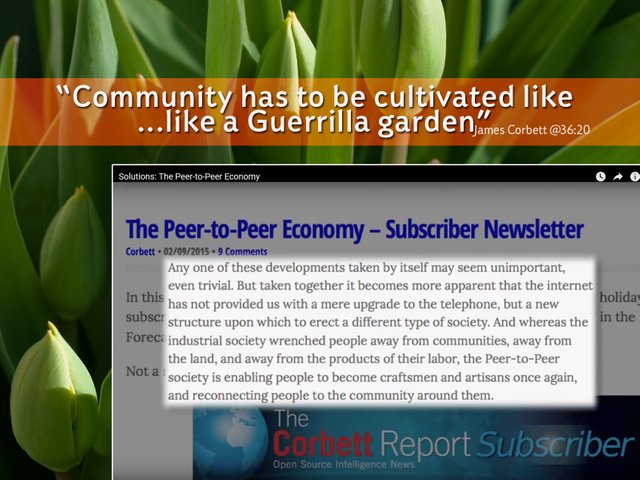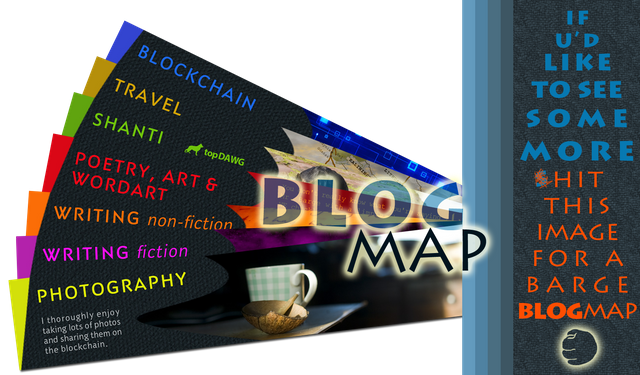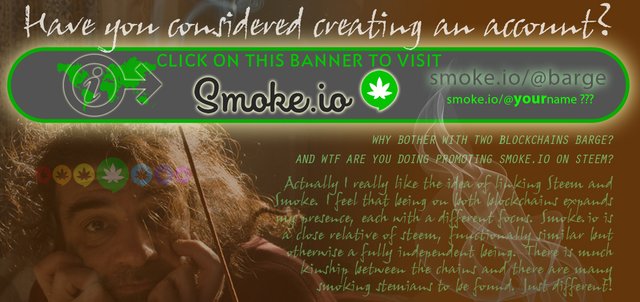Gutenberg And The Internet: The Sword Cuts No P2P For The Keystroke Is Mightier!

I'm a fan of the idea that the Gutenberg Printing Press performed the role of a Catalyst, which spring-boarded the Human Experience (and with it Human Consciousness) to a more expanded level.
Before Gutenberg:
- information tightly controlled. Few books in existence and they belong to the elite - the 'powers', written in non-vernacular languages and incomprehensible to the majority (hidden from them). New information trickles down (is released) to suit the 'powers'. Few ideas exchanged.
- no incentive or structures to support the vast majority of the population to learn to read or write, they remain illiterate and unable to (re)search for themselves
- 'Community' exists at village/local level and most people experience it in one form or another
- the relatively few hands of 'power' deliver the message, any message; it is a one-way transaction from master to servant; the concept of 'Peer' is alien
- the 'Middle-Man' is ranked close to 'God', only a select few can send a message/deliver information, there are no tools to challenge his authority
After Gutenberg:
- ideas can be printed and multiplied; they can be spread independently of 'power' (which seeks to subvert but increasingly cannot)
- ideas are translated from the incomprehensible 'power' languages into the local vernacular
- more incentive to become literate, structures supporting literacy develop, (re)search and discovery is made easier as is the exchange of ideas and information
- the narrow funnel of information from the 'powers' is broadened to include a wider range of sources. There are 'Peers' to be observed here and there with the means and willingness to spread information, but they are few
- greater range of human activity involving writing and ideas, they spread with the mass movement from rural to urban. There is concentration of population but loss of 'community', alienation from Nature and the 'natural'
- the 'Middle-Man' is lowered in rank, tools with which to challenge his authority now become available and many more are now able to send a message/deliver information and spread ideas
There followed a 'Renaissance', an 'Industrial Revolution' and many other 'Revolutions' (the 'overturning' of the 'old', in whatever form). Humanity-at-large got hold of the telegraph, the radio and the television, all of which helped spread ideas (and 'power' propaganda of course) even wider. Ideas were expressed in evolving shapes and forms which took influence from and bounced of one-another.
But this was still a closed system. It was still largely one-way traffic going from the 'Sender' to the 'Receiver', the transmitting station to the end-user at home. There was still the 'Middle-Man' who dispersed information, even if there was much more of it and even if his authority was now being challenged everywhere. Although his grip on 'power' had loosened, the 'Middle-Man' still controlled the flow of information and those who controlled the 'Middle-Man' controlled it even more. Besides, you needed a shit load of resources to become a 'Sender' - to make a movie or a TV show or publish a magazine; and even them you'd most likely be wading against the powerful counter-currents that oppose you or try to trick or entice you away from your original message.

Thus, up until the advent of the internet we can discern a world that is largely structured around a 'Middle-Man'-controlled central hub. This is the current model not just for the Powers-that-shouldn't-be, but also for all governments and national organisations, and most busynesses the world over. There has been peer-to-peer spreading of ideas through books, pamphlets, independent cinema etc, but these ideas never had access to the 'masses' of humanity in the manner of the controlled, 'Middle-Man' structures of media, government and whoKnowsWhatHigherUp. Humanity still couldn't really find out what it wasn't told, the tools of discovery were few and not many knew how to use them. There were many secrets being kept and even if they might have found their way to the surface in little pockets, until the internet, there was no easy medium by which the 'revealing' of these 'secrets' could take place and the information dispersed - think of what our 9/11 perception would be if we only had the official story to go on!
I have often wondered how the advent of the internet (it's current widespread and ever-growing use) compares to the Gutenberg Printing Press as a catalyst for change and what impact it may have in the 'spring-boarding' of the Human Experience, of Consciousness, to new levels. Is this (potential for) change, I wonder(ed), of a similar (or greater??) magnitude? The internet empowers Peer-to-Peer networks beyond anything that has ever been experienced. The rank of the 'Middle-Man' is lowered further, his authority now a ragged affair and deteriorating by the day even though centralised systems of control continue to operate above and below the surface of most GUIs.
The movement from a centralised to a decentralised world seems to be one of the clear pictures emerging from this particular perspective of history - perhaps for a lot of us on the blockchain anyhow :). A parallel turn of events representing the big social changes that followed the Gutenberg Printing Press might reasonably be expected to follow suit, indeed they are already happening! These are bound to have a massive impact on how life is lived, how the world is perceived, what we spent our 'time' on.
Could the sense of 'community' that was fragmented after Gutenberg, for example, resurface in a P2P world?

We are the 'Peers' and there is no 'Middle-Man' beyond a memory of the figment that was. Most of humanity now has easy and cheap access to our own Gutenbergs and radio/tv broadcasting stations. We can use these to play both roles of 'Sender' and 'Receiver', and we can do it simultaneously to boot! Above all, there is no filtering of hidden information by the 'Middle-Man', no 'secrets' in the Open-Source approach to life. Empowering information is emerging from the shadows and with it the power of the 'Middle-Man' is reduced to that of a 'Peer', no more no less. Much (if not all) of his power is derived from keeping secrets and maintaining centralised structures and one-way flows. The old paradigms are being swept away with each advancing block that links itself to others in this P2P chain of Life!
Revolutionary!
This is where I stop and I let the meticulous and most excellent James Corbett (@corbettreport) take over. He breaks this stuff down, analyses it, expands on it in two presentations: (1) An 11 minute TED talk entitled 'The net is mightier than the sword' (2) Episode 303 of 'The Corbett Report' entitled 'Solutions: The Peer-to-Peer Economy' (44 mins). I invite you to take a look:
The videos are from 2014/5. The situation has moved on and we now have the Steem Blockchain amongst other decentralised manifestations - tools of P2P empowerment which were not present then. I am inspired! I have already handed in my notice at work (on April 17 - last day to be no later than July 17) and I am going to register with TaskRabbit.
It is out of the 'Middle-Man' Matrix and into an era of P2P Power.
Thanks for reading
@barge



Highly rEsteemed!
Hi @barge!
Your post was upvoted by @steem-ua, new Steem dApp, using UserAuthority for algorithmic post curation!
Your UA account score is currently 3.163 which ranks you at #8863 across all Steem accounts.
Your rank has improved 2 places in the last three days (old rank 8865).
In our last Algorithmic Curation Round, consisting of 174 contributions, your post is ranked at #73.
Evaluation of your UA score:
Feel free to join our @steem-ua Discord server